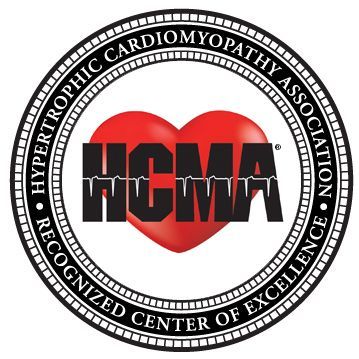The ORCCA study aims to prospectively monitor clinical outcomes in athletes with potentially life‐threatening cardiovascular conditions. The study will assess long‐term cardiovascular outcomes, psychosocial well‐being, and sports eligibility decision‐making in competitive athletes aged 18 to <35 years diagnosed with a cardiovascular condition or borderline finding with potential increased risk of major adverse cardiovascular events. Athletes must be participating in competitive sport at the collegiate, semi-professional, professional, elite, or national level at the time of enrollment or within the last two years. Athletes with a qualifying cardiac diagnosis who return to sport, stop voluntarily, or are excluded from sport are eligible.
Attached are 1) a patient information pamphlet, 2) study inclusion criteria, and 3) the easy steps to enroll a patient. To enroll an eligible patient, simply go to our ORCCA study homepage, click the red “Register” tab in the upper right corner, and complete a brief enrollment form. We have found doing this with the patient in the exam room is best and takes less than 2 minutes. The ORCCA study team will contact the patient to obtain formal HIPPA and informed consent. There is a $100 gift to patients who complete enrollment and a $50 gift to patients who complete the follow-up surveys every 6 months. You can find more information on the ORCCA study homepage and in the full ORCCA study protocol recently published in JAHA.
Contributors to the ORCCA study who enroll at least one patient will be recognized as a member of the “ORCCA Study Group”. The ORCCA Study Group will be included on the author’s byline in subsequent publications with individual names listed at the end of the manuscript and registered in Medline.
The post ORCCA Study appeared first on Hypertrophic Cardiomyopathy Association.
HCMA Blog


 Translate
Translate